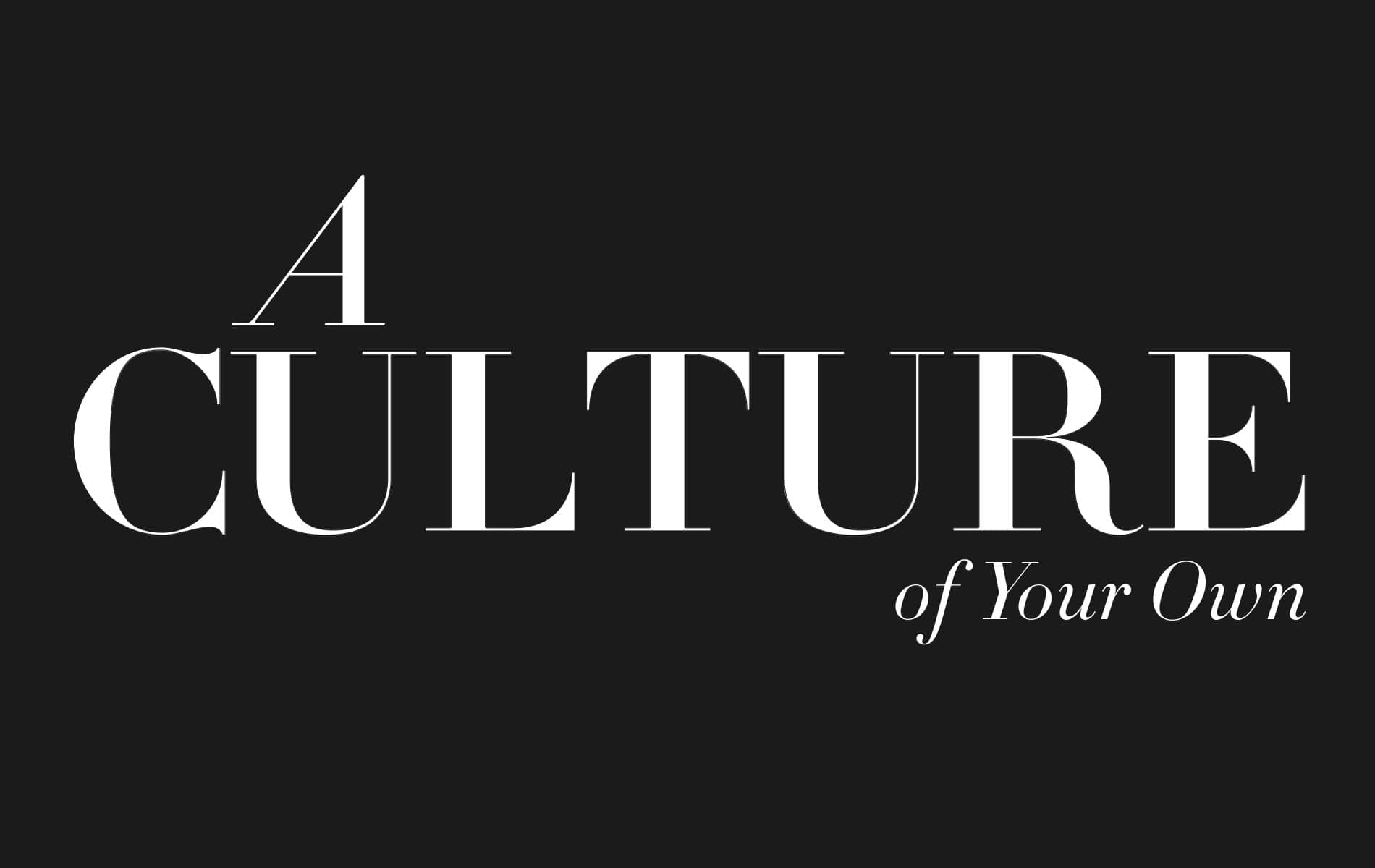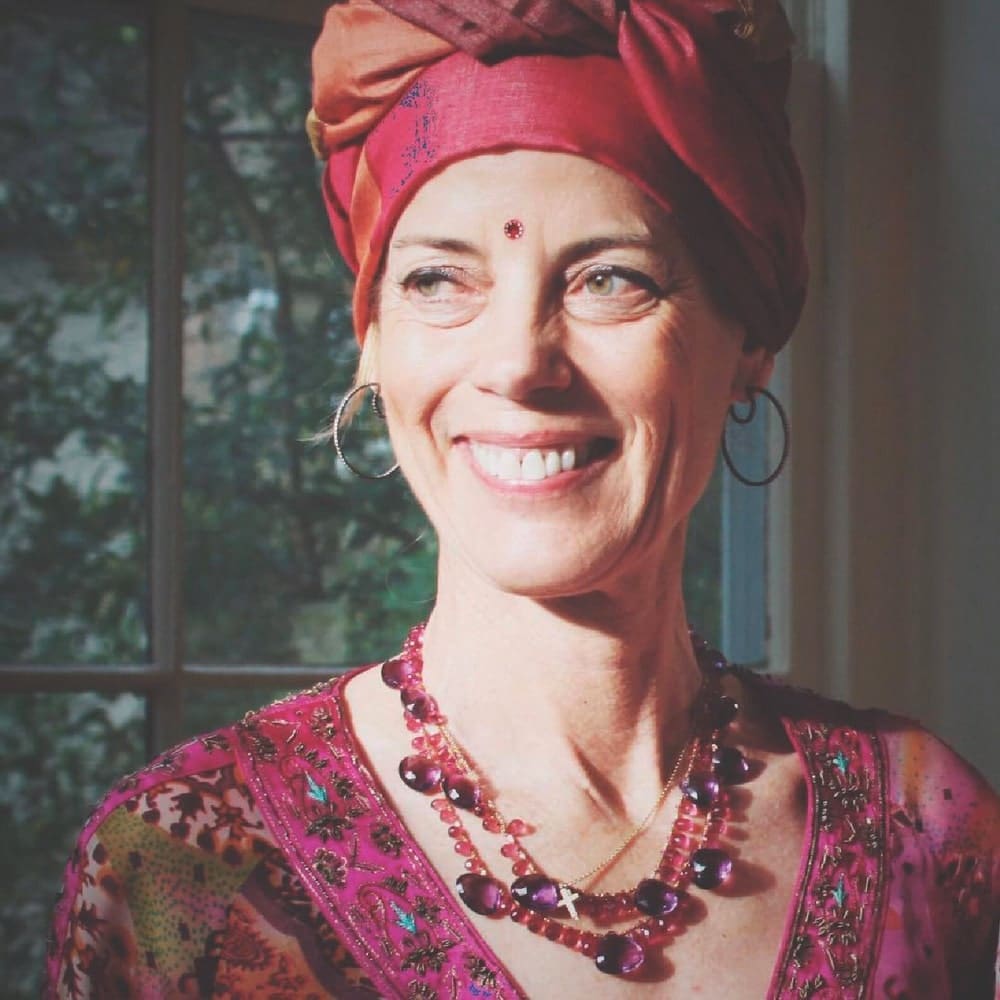
vie-magazine-suzanne-pollak-column-september-2019-hero-min
Suzanne Pollak Column
A Culture of Your Own
By Suzanne Pollak
For a company to grow, it needs to establish at least three things: a mission statement (what the company does and why), a vision statement (where the owners want to be in the future), and core values (the magic that brings it all to life). Together these create the beliefs, behavior, and identity that determine how managers and employees interact with each other and the world. And really, people are no different. To grow as individuals, in relationships, and as members of our communities, we each need a personal culture of our own. This identity serves as our anchor, our road map to power. It’s who we are when we are by ourselves and how we act when we are out in the world. Personal culture comes with us through the ups and downs and all the transitions of life.
To change an organization, you first need to change its culture. For example, NASCAR shifted in the early 2000s when R. J. Reynolds ceased being the title sponsor for the Winston Cup Series. Subsequently, Nextel/Sprint came aboard; currently, the Cup Series is sponsored by Monster Energy, marketing to a younger demographic across a larger geographic area, expanding beyond the American South. But no matter the audience, it is crucial to adhere to core values from the start. The Marines are defined by a steadfast commitment to their ethos: honor, courage, commitment. Each Marine tries to live up to these ideals because they know the brother/sister to the left and right believes in the same time-tested principles.
In terms of structure, personal culture has a lot of similarities to company culture. However, it is not groupthink. It is 100 percent individual, defined by what we write, read, wear, and listen to, the stories we tell, the repertoire of recipes we make, and even the furniture we choose for our homes. Personal culture is also behavior: the way we treat others and engage with the world. As we grow and change and mature, we are always refining our points of view. Our core values remain the same, but our outlook evolves as we meet new people, marry into families, and learn new traditions.
There are two things I know for sure. First, never sacrifice your personality for someone else’s idea of “perfection.” You have your own background, beliefs, and set of influences. I have mine. Yours and mine are different, and that is what makes life interesting—to identify what makes us unique and discover what we can each bring to the table, our community, our world. But remember the second thing I know for sure: personal culture has nothing to do with Instagram likes.
If you don’t have a personal culture, it is time to develop one:
Stay true to your taste.
Trust your innate feelings and attractions. We all have taste, so why do a few dictate to the rest when it comes to what constitutes good and bad? Ignore that nonsense. What is important is what you are drawn to based on your history. Don’t take the easy way out, trying to look and behave like everyone else. Imitation may be flattery, but it is never genuinely cool. The most attractive person is one who understands his or her particular style, body, and look and owns it. It is impossible to fake authenticity, borrowing what is “in” this year, out the next. Nothing about that is interesting, unique, or you. Why turn the world into a sea of sameness?
Understand the importance of location.
We live in different cities and neighborhoods. I spent my first eighteen years in Africa and absorbed distinctive and divergent cultures growing up in many countries, attending twelve local schools, including one in a camel barn. I even absorbed something my American parents didn’t realize their daughter would ever wonder. That is, What will my bride price be? I heard the father of a friend paid two hundred camels for his wife. Would I fetch as many when the time came?
Make other people comfortable.
My father had a strong personal culture, which he carried to every country, house, and embassy he entered. At our frequent parties, he was a natural host with an intuitive awareness of all temperaments in the room, evidenced by the party music he selected from his collection of over twelve thousand records. He orchestrated the guest list and then greeted everyone at the door and made them feel instantly at ease with his gift of conversation and ability to listen. I often saw him take off his jacket and tie when a guest came to the party sans jackets or tie, both de rigueur in the 1960s and ’70s. He was a master at seating tables because carelessness with this in the diplomatic world could lead to torn relationships and, ultimately, the collapse of long-standing international contacts.
Know what you want to leave behind.
In our everyday encounters with everyone from family to total strangers, we pass on parts of ourselves and our code of culture, even on a cellular level. We transfer: beliefs, behavior, style; our choices in music, menus, organization; how we get along with others, make small talk, use a knife and fork; whether we wait until everyone is served; whether we eat our peas or not. Nobody wants our offspring to embarrass themselves later as adults. What we do might well become second nature to them, a gift of ease in getting along comfortably in the world. In everyday life, our personal culture determines how others see us. How do we leave people feeling when they walk away? Safe, charmed, happy, uplifted, inspired? Or do we sometimes pass on anxiety and discomfort in our wake?
To change yourself, change your personal culture.
Designing your life is a conscious decision whether you know it or not. Don’t just dream of the life you want, but actively create it. To that end, I am making three changes in the area of time management by adding daily rituals into my schedule. First, I am giving myself permission and a way to unwind at the end of my workday. By changing clothes, making a cocktail or mocktail, and cooking dinner, my brain realizes the time has come to relax! Second, I will reward myself for even small steps forward. I acknowledge an accomplishment and take the time to celebrate that hurdle, instead of only thinking, What’s next? and then going back to the never-ending rat race. The reward can be as simple as a cookie or watching the sunset but, of course, it’s really about the journey all along. Third, I will use mornings more productively—not spending the first hour of the day straightening up the house but shifting that work to another time of the day so it can be done mindlessly. I plan to do the heavy brain work during the time I am at my sharpest, letting myself think more deeply and not just responding to superficial cares.
Once we unlock, develop, and understand our personal culture, we give it to the world. We bring our real self, our spirit, our morale, and this matters most of all for our happiness and the encouragement of others to be happy, too. I want to show you the real me so I can see the real you.
— V —
Suzanne Pollak, a mentor and lecturer in the fields of home, hearth, and hospitality, is the founder and dean of the Charleston Academy of Domestic Pursuits. She is the coauthor of Entertaining for Dummies, The Pat Conroy Cookbook, and The Charleston Academy of Domestic Pursuits: A Handbook of Etiquette with Recipes. Born into a diplomatic family, Pollak was raised in Africa, where her parents hosted multiple parties every week. Her South Carolina homes have been featured in the Wall Street Journal “Mansion” section and Town & Country magazine.
Share This Story!
KEEP UP WITH THE LATEST STORIES FROM VIE

















































































































































